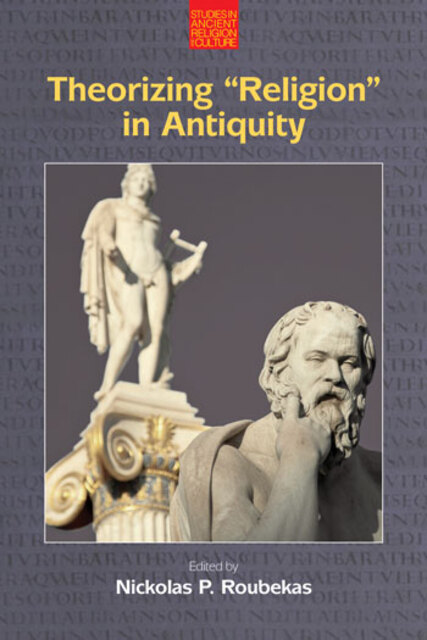Roubekas/Theorizing "Religion", 4. Imagining Religion in Antiquity

Full description
J. Z. Smith raised the idea that religion is solely the creation of the scholar’s imagination in his widely read book, Imagining Religion (1982). Since the publication of that book, there has been a healthy growth of reflexivity in the study of religions, and many scholars have followed Smith’s call for more attention to the ways that the word “religion” is a product of modern European interests. This raises questions about the appropriateness of classifying other cultures with concepts they did not know. Is it appropriate to apply “religion,” anachronistically, to historical times and places when the concepts was not used? Arguments against imagining religion often raise interesting philosophical questions about the relationship between words and objects, the difference between classification in the natural sciences and the human sciences, and even about realism in general. In this paper, I defend the use of practice by raising and responding to three philosophically-informed reasons why scholars ought not use them, and by distinguishing two ways to read Smith’s famous proposal.
- typeImage
- created on
- file formatjpg
- file size41 KB
- container titleTheorizing "Religion" in Antiquity
- creatorKevin Schilbrack
- isbn9781781796740 (eBook)
- publisherEquinox Publishing Ltd.
- publisher placeSheffield, United Kingdom
- series titleStudies in Ancient Religion and Culture
- doi
We use cookies to analyze our traffic. Please decide if you are willing to accept cookies from our website. You can change this setting anytime in Privacy Settings.
